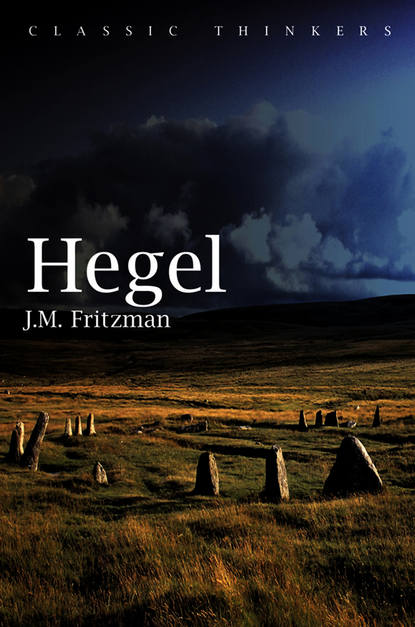- бизнес-книги
- детские книги
- дом, дача
- зарубежная литература
-
знания и навыки
- изучение языков
- компьютерная литература
- научно-популярная литература
- словари, справочники
-
учебная и научная литература
- безопасность жизнедеятельности
- военное дело
- гуманитарные и общественные науки
- естественные науки
- задачники
- монографии
- научные труды
- практикумы
- прочая образовательная литература
- сельское и лесное хозяйство
- технические науки
- учебники и пособия для вузов
- учебники и пособия для ссузов
- учебно-методические пособия
- история
- комиксы и манга
- легкое чтение
- психология, мотивация
- публицистика и периодические издания
- родителям
- серьезное чтение
- спорт, здоровье, красота
- хобби, досуг
J. M. Fritzman — Hegel

Понравилась книга? Поделись в соцсетях:
Автор: J. M. Fritzman
Издатель: John Wiley & Sons Limited
ISBN: 9780745674179
Описание: GWF Hegel has long been considered one of the most influential and controversial thinkers of the nineteenth century, and his work continues to provoke debate in contemporary philosophy. This new book provides readers with an accessible introduction to Hegel’s thought, offering a lucid and highly readable account of his Phenomenology of Spirit, Science of Logic, Philosophy of Nature, Philosophy of History, and Philosophy of Right. It provides a cogent and careful analysis of Hegel’s main arguments, considers critical responses, evaluates competing interpretations, and assesses the legacy of Hegel’s work for philosophy in the present day. In a comprehensive discussion of the major works, J.M Fritzman considers crucial questions of authorial intent raised by the Phenomenology of Spirit, and discusses Hegel’s conceptions of necessity and of philosophical method. In his presentation of Hegel’s Logic, Fritzman evaluates the claim that logic has no presuppositions and examines whether this endorses a foundationalist or coherentist epistemology. Fritzman goes on to scrutinize Hegel’s claims that history represents the progressive realization of human freedom, and details how Hegel believes that this is also expressed in art and religion. This book serves as both an excellent introduction to Hegel’s wide-ranging philosophy for students, as well as an innovative critique which will contribute to ongoing debates in the field.